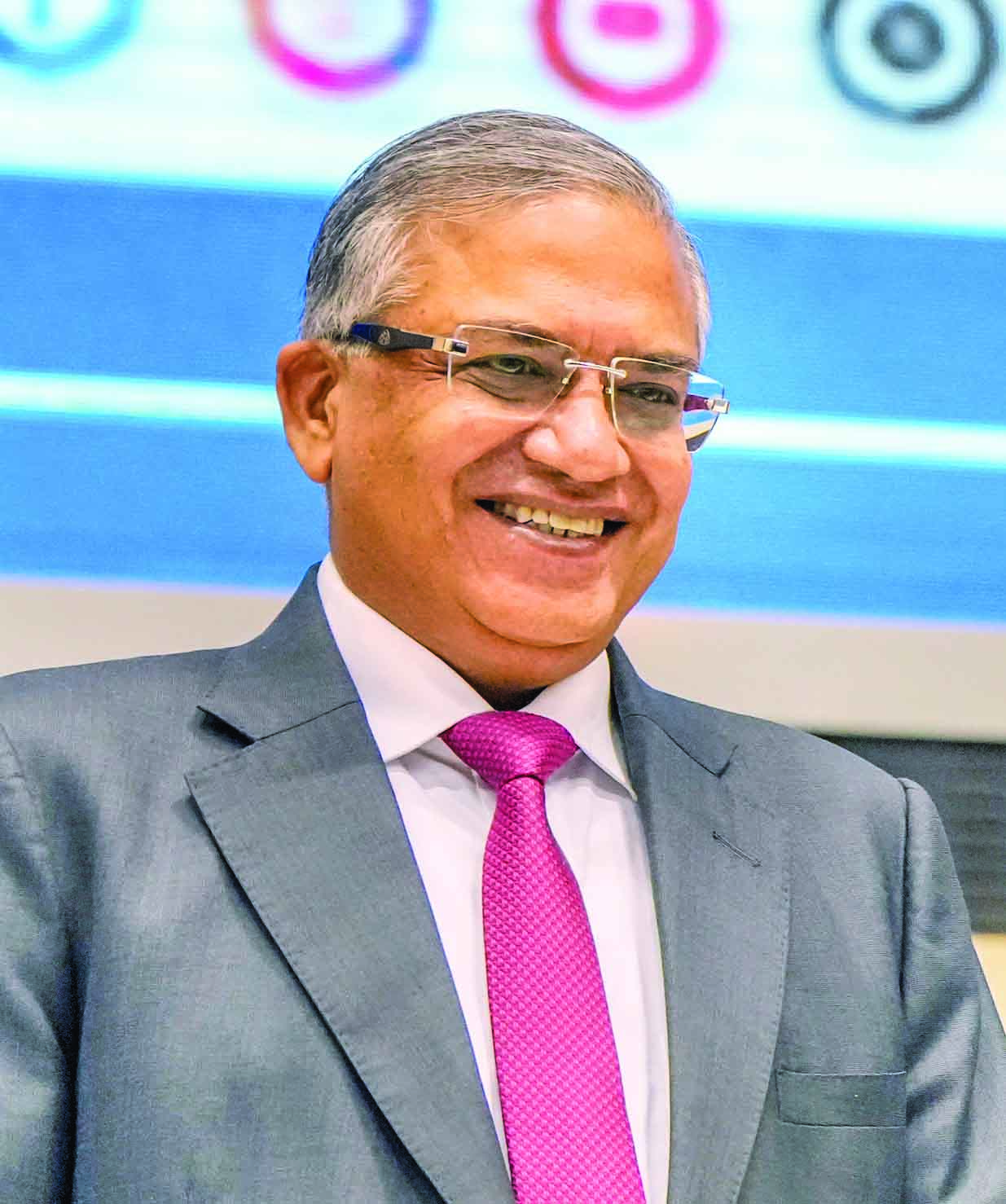
New Delhi, Feb. 17 -- Election Commissioner Gyanesh Kumar was appointed as the next chief election commissioner on Monday, the law ministry said.
Kumar is the first CEC to be appointed under the new law on the appointment of the members of the Election Commission (EC).
His term will run till January 26, 2029, days before the EC is expected to announce the schedule of the next Lok Sabha election. Vivek Joshi, a 1989-batch Haryana-cadre Indian Administrative Service (IAS) officer, has been appointed as an election commissioner.
During his tenure as the 26th CEC, Kumar will oversee the Bihar Assembly polls later this year, and the Kerala and Puducherry Assembly polls in 2026.
Similarly, he will oversee the Assembly polls in Tamil Nadu and West Bengal, which are also due in 2026.
Kumar, who played a key role in implementing decisions following the abrogation of Article 370 of the Constitution in Jammu and Kashmir during his stint in the Union home ministry, took charge as an election commissioner on March 15, 2024.
His appointment came hours after the Congress asked the government to defer its decision on the new CEC till the Supreme Court concludes its hearing on a petition challenging the composition of the selection panel.
The Congress's demand was put forth by Leader of Opposition in the Lok Sabha Rahul Gandhi during a meeting of the selection panel chaired by Prime Minister Narendra Modi, sources said.
Congress argued that the composition of the current committee violates a Supreme Court order on the matter and urged the government to "set aside ego" and consider their demand to postpone the appointment of the new poll body chief. It alleged that the government wants "only control but not credibility".
In March 2023, the Supreme Court had ruled that the Chief Election Commissioner shall be appointed on the advice of a committee consisting of the Prime Minister, the Leader of the Opposition in the Lok Sabha, and the Chief Justice of India. However, this order was intended to remain in effect until the government enacted a new law on the issue. The new CEC is being appointed under a new law: Chief Election Commissioner And Other Election Commissioners (Appointment, Conditions of Service And Term of Office) Act, 2023.
It is learnt that Rahul Gandhi's dissent note was included in the proceedings of the selection committee meeting. Sources said among the five names shortlisted for CEC is Gyanesh Kumar, the senior-most Election Commissioner.
Addressing a press conference soon after the meeting, Congress leader and senior advocate Abhishek Singhvi said that by removing the Chief Justice of India from the selection committee, the government has made it clear that it wants control and not preserve the credibility of the Election Commission. Singhvi said the case challenging the new act is pending before the Supreme Court, which has issued a notice, and the matter is now listed for next hearing on February 19.
It was just a matter of 48 hours and the government should have approached the apex court for an early hearing of the petition, he said.
"It is our suggestion that the Central government adjourned this meeting until after the hearing and instruct its counsels to appear and assist the court so that the hearing may be an effective one. Only then, can a decision be taken in earnest," Singhvi said.
The meeting took place in the South Block office of the prime minister. Besides Modi and Gandhi, Home Minister Amit Shah is the third member of the selection panel.
Kumar is a 1988-batch Kerala Cadre IAS officer.
After completing his B.Tech in Civil Engineering from the Indian Institute of Technology (IIT), Kanpur, he studied Business Finance in ICFAI, India and Environmental Economics in HIID, Harvard University, US.
He has worked in the government of Kerala as the assistant collector of Ernakulam, sub-collector of Adoor, managing director of the Kerala State Development Corporation for SC/ST, municipal commissioner of the Corporation of Cochin, besides holding other posts.
As a secretary to the government of Kerala, Kumar handled diverse departments, such as finance resources, fast-track projects and the public works department.
In the government of India, he has rich experience of working as the joint secretary in the Ministry of Defence, joint secretary and additional secretary in the Ministry of Home Affairs, secretary in the Ministry of Parliamentary Affairs and secretary in the Ministry of Cooperation. He superannuated on January 31, 2024.
Published by HT Digital Content Services with permission from Millennium Post.
